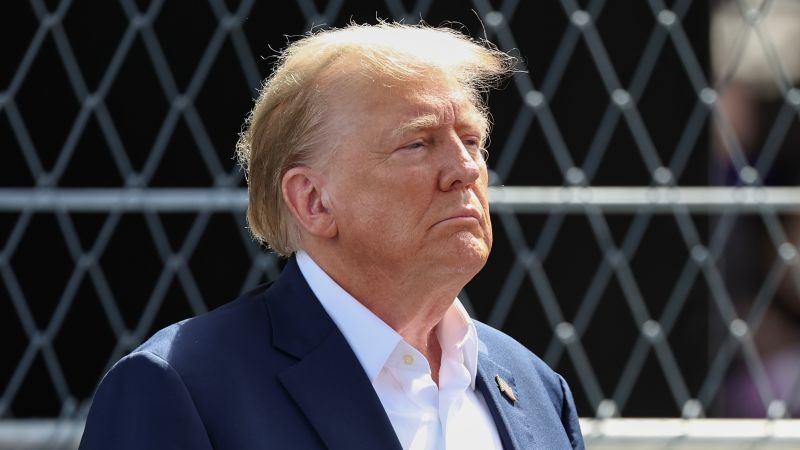Former President Donald Trump is facing a potential tax liability of over $100 million as a result of a lengthy IRS investigation into his claims of significant financial losses on his Chicago skyscraper. Trump initially reported massive losses on his 2008 tax return by claiming the building was “worthless,” without facing any challenges from the IRS. He continued to claim losses after shifting ownership of the building into a new partnership controlled by himself, resulting in further tax deductions amounting to $168 million over the next decade.
The IRS inquiry into these claims of losses on the Chicago tower was sparked by the shifting of other Trump businesses, such as golf courses, into the same partnership used to claim tax-reducing losses. The potential revision sought by the IRS could result in Trump owing more than $100 million in taxes. The only public mention of the IRS audit related to Trump’s Chicago tower loss claims came from a December 2022 congressional report, which confirmed that the audit was still ongoing and referenced the specific section of tax law involved in the case.
In response to the reports, Eric Trump, the executive vice president of the Trump Organization and son of the former president, stated that the matter had been settled years ago and was only brought back to light after his father’s entry into politics. He expressed confidence in their position, noting support from various tax experts, including the former general counsel of the IRS. Despite the ongoing IRS investigation, the Trump family seems resolute in their belief that they are in compliance with tax regulations and have the necessary expertise to defend their claims.
The investigation into Trump’s tax liabilities stemming from his Chicago skyscraper raises questions about his financial dealings and the potential consequences of his past tax filings. The significant amount of potential taxes owed could have wide-ranging implications for the former president’s financial situation and business dealings. The findings of the IRS inquiry may shed light on Trump’s overall financial practices and highlight any potential areas of concern regarding the accuracy of his tax filings and compliance with tax laws.
The case also underscores the importance of transparency and accountability in financial matters, particularly for public figures and individuals in positions of power. The scrutiny surrounding Trump’s tax filings and the ongoing IRS investigation highlight the need for proper oversight and regulation to ensure that individuals and businesses adhere to tax laws and accurately report their financial information. The implications of this case extend beyond Trump himself to the broader conversation around tax compliance and accountability in corporate and personal finances.
Overall, the potential tax liability facing Donald Trump as a result of the IRS investigation into his Chicago skyscraper represents a significant development that could have far-reaching consequences for his financial standing and public perception. The ongoing scrutiny of his tax filings and the implications of potential tax obligations underscore the importance of adhering to tax laws and maintaining transparency in financial matters. As the investigation continues, the findings may provide further insight into Trump’s financial practices and raise questions about his compliance with tax regulations, highlighting the need for greater accountability and oversight in financial dealings.


